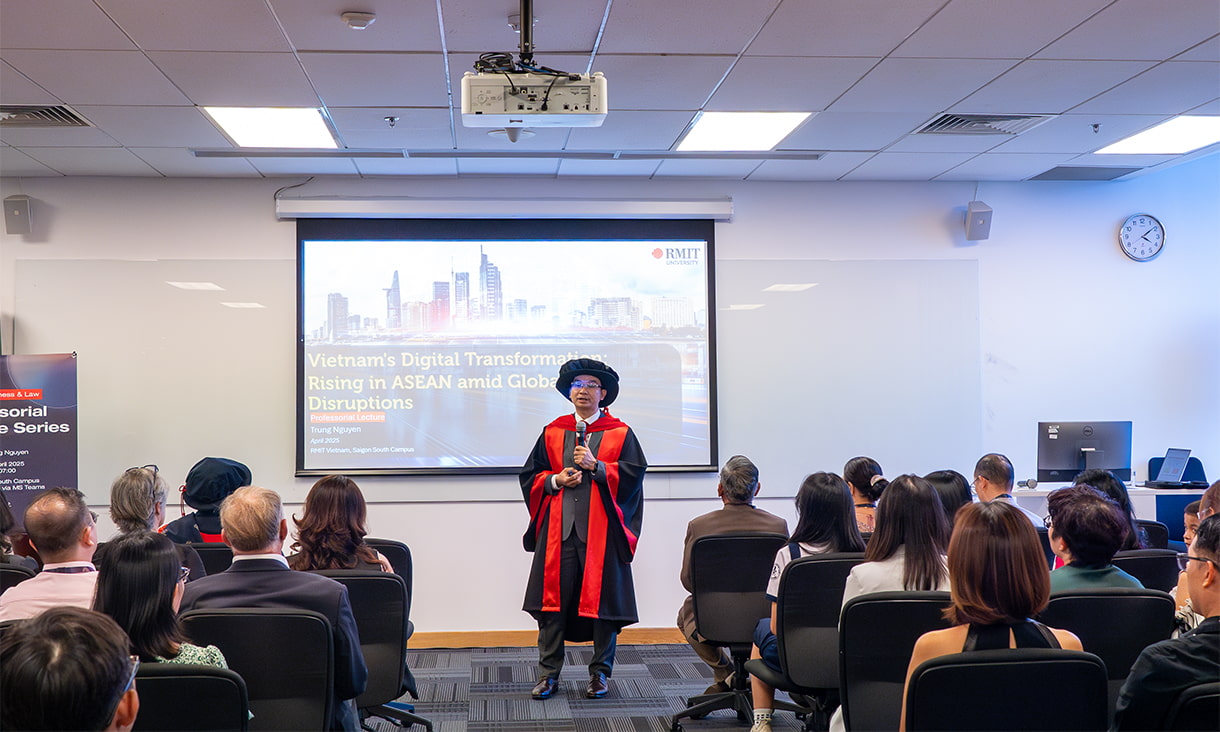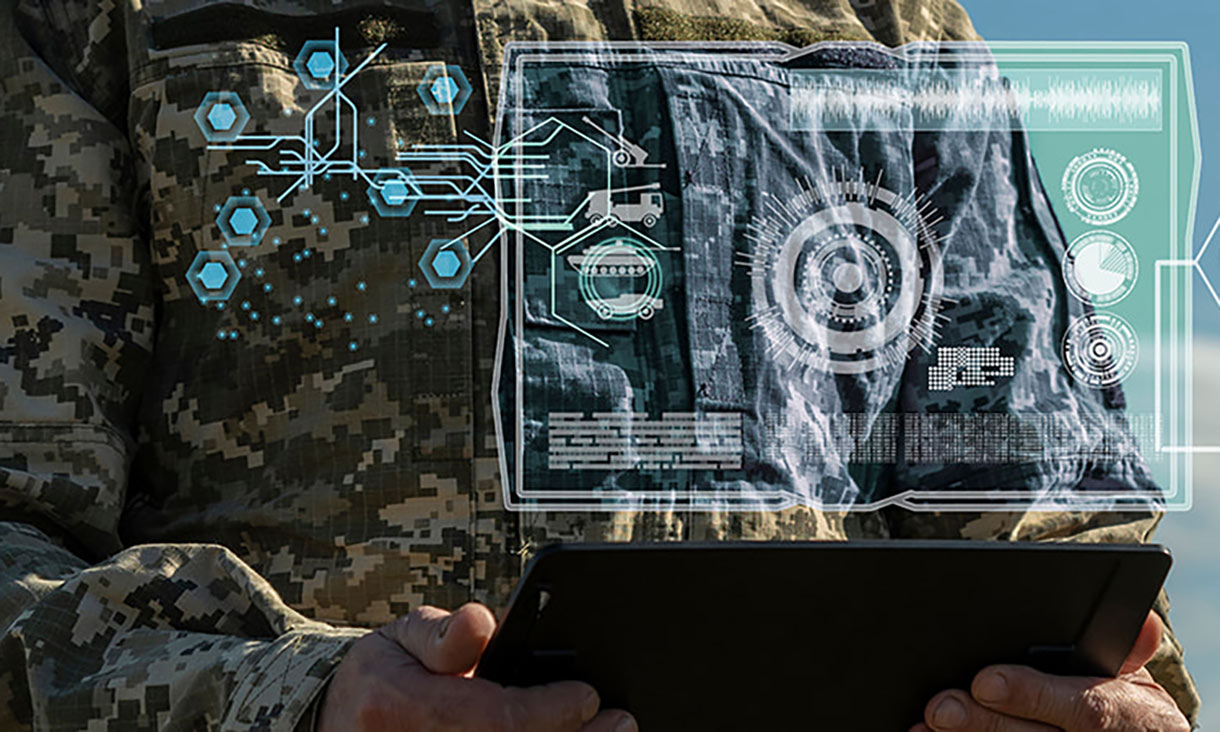Artificial intelligence at work: How intelligent systems and human resource analytics are transforming recruitment and talent development
Artificial intelligence (AI) is already reshaping how organisations attract, recruit, assess, develop and manage talent. From algorithmic CV screening to AI-driven learning platforms, intelligent systems are increasingly embedded across the work lifecycle of employees.
Indonesia’s Energy Transition: Navigating Ambition, Reality and Opportunity
Indonesia’s energy transition is entering a decisive phase. The country has moved from broad pledges toward a more detailed—if occasionally inconsistent—policy framework.
Are we living through an era of extraordinary technological progress, or a drought of genuine breakthroughs?
Public optimism about the pace of technological progress has rarely been higher. Popular discourse is saturated with claims that we are on the cusp of extraordinary transformation, whether through artificial intelligence, biotechnology, or even the merging of humans and machines.
Reforming the Corporations Act to Include Human Rights Due Diligence: A Legal Proposal
Australia may be on the cusp of a significant shift in how corporate law addresses non-financial risk and promotes Environmental, Social and Governance (ESG) performance.
Vietnam's Future: Vision, Transformation, and Regional & Global Impact
In my Professorial Lecture on 17 April 2025 – organised by the College of Business and Law and The Business School as part of RMIT University Vietnam’s 25th anniversary celebrations – I had the honour of reflecting on Vietnam’s remarkable digital transformation journey within the ASEAN context.
Markets of Meaning
My story begins across contrasting worlds in Brazil - my father’s family shaped by poverty and survival, my mother’s by intellectual pursuit and political engagement. One side taught me resilience in chaos, the other taught me to question, imagine, and debate. Both sides shaped how I came to understand value - not as fixed or universal, but contextual and relational.
In the new age of investment: The application of AI in Finance
From decoding market returns to detecting greenwashing, AI is transforming how we invest, manage funds, and hold companies accountable.
Belonging and Becoming: How Migrant Entrepreneurs Are Reshaping Our Economy
Migrant entrepreneurs are driving innovation and growth, yet they remain overlooked in economic policy and support systems. Many don’t just start businesses to survive, they do so to rebuild identity, create belonging, and realise untapped potential. So, how do we create environments where migrant entrepreneurs can truly belong and thrive, not just adapt?
Finance for all: Markets, Minds and a Sustainable Future
Thirteen years ago, as a 22-year-old Honours student, I recorded a video about my passion for research and my dream of becoming a professor. On 6 May 2025, that younger version of me introduced my Inaugural Professorial Lecture – a full-circle moment celebrating how curiosity, when nurtured by the right people and opportunities, can make dreams a reality.
Bridging the Divide: Rethinking University–Industry Partnerships for Scalable Impact
In an era marked by accelerating technological disruption and geopolitical flux, universities and industries face mounting pressure to collaborate more effectively to address complex societal and economic challenges.
Why STEM Students Are Reluctant to Join Defence and What We Can Do About It
Australian Defence urgently needs STEM talent, yet our research shows STEM students don’t see it as an attractive career path. So how do we inspire STEM talent to contribute to national security before it’s too late?
Seasons of Birth
Have you ever noticed more birthdays at certain times of the year? Perhaps you recall when you were surprised by lots of birthday invitations or remember being peppered by your favourite social media platform to send birthday messages in a particular month. This phenomenon isn’t random - there is an annual pattern in birth rates.
Does tracking your employees actually make them more productive?
Should employers prioritise efficiency at all costs? It might seem like a good idea. More processes than ever before can now be automated with robotics, artificial intelligence and other technology.
Gen Z supports sustainability – and fuels ultra-fast fashion. How does that work?
Generation Z has been called “the sustainability generation”. Born between 1997 and 2013, 58% of this consumer cohort seek to buy products that are sourced sustainably. Australian Gen Zs say they are willing to pay more for brands that have a positive impact on society.
Breaking the barrier between play and learning: the potential of gamification in higher education
Playing and learning are often seen as a dichotomy. Even today, many parents still ask, 'Why are you playing games instead of studying?'.
Finland and Vietnam: Introducing Circular Economy Practices in Medical Waste Management Poses Challenges
Hospitals and other healthcare facilities generate significant amounts of waste, much of which is challenging to manage due to its potentially infectious or toxic nature. While single-use plastics are being phased-out in many households, their reduction in healthcare settings poses a greater challenge as they are often viewed as the safest or most convenient solution.
Medical Waste in Disasters: Advocating for Change and Building Policy
When humanitarian organizations respond to disasters, such as the recent Typhoon Yagi in Vietnam, they must rapidly deploy staff and materials to the affected areas. In these events, medical products are particularly crucial, and given the urgency, the aftermath of these operations, including the disposal of used materials is often overlooked.
GOATs like Simone Biles Show the Power of Mental Health Advocacy
Olympians have shown us the way; now we must carry the mental health advocacy torch.
Why Hybrid Work Was Made For Ambiverts
Let's talk about charisma. When people describe born leaders, they are probably referring to that innate quality that some people have to command a room, to ooze confidence, and to dazzle. I do not believe people are born to be leaders. What is thought to be 'natural leadership' is often based on perceptions of charisma and underscored by extroversion or extroverted personality traits. Charisma can be deceiving.






















